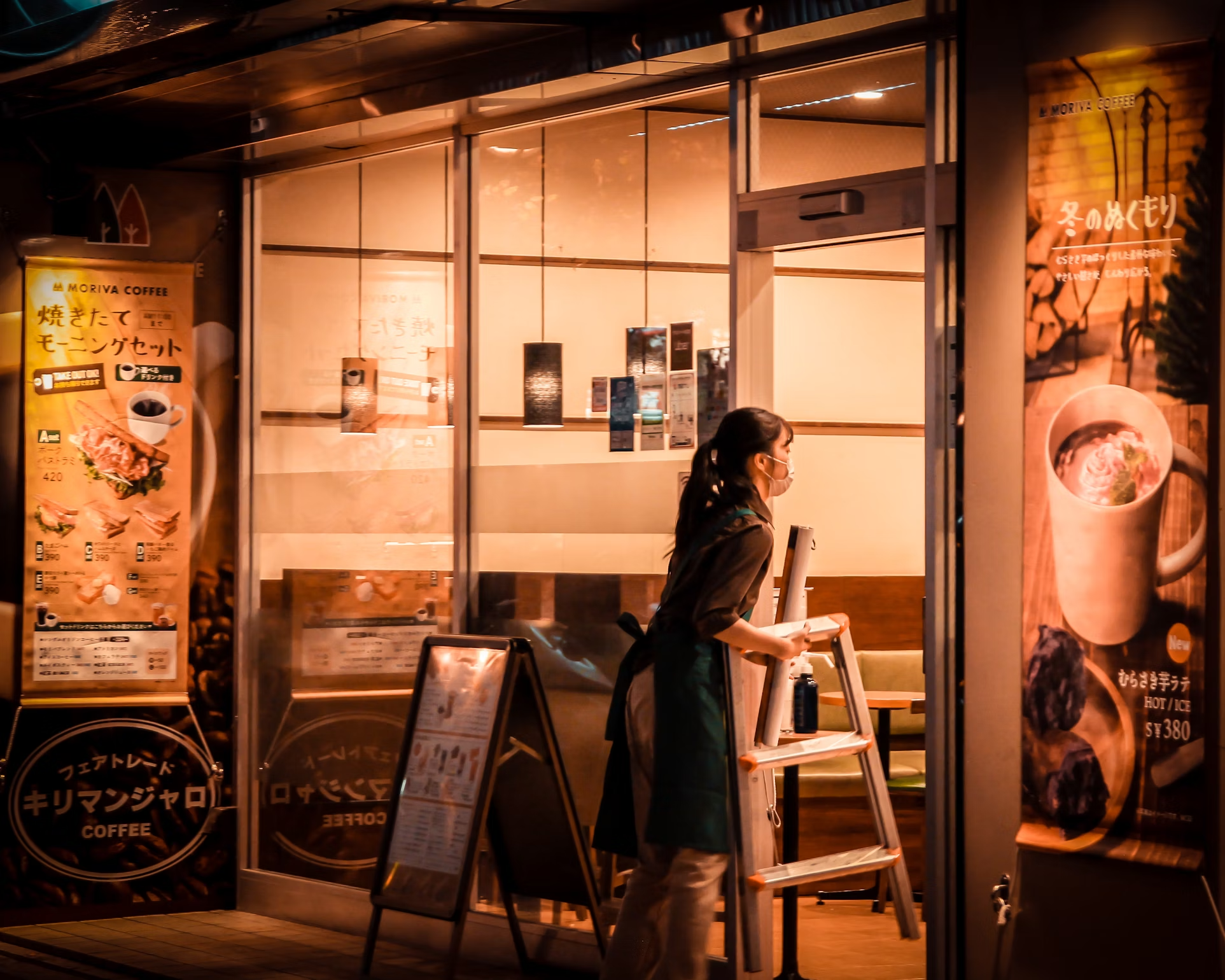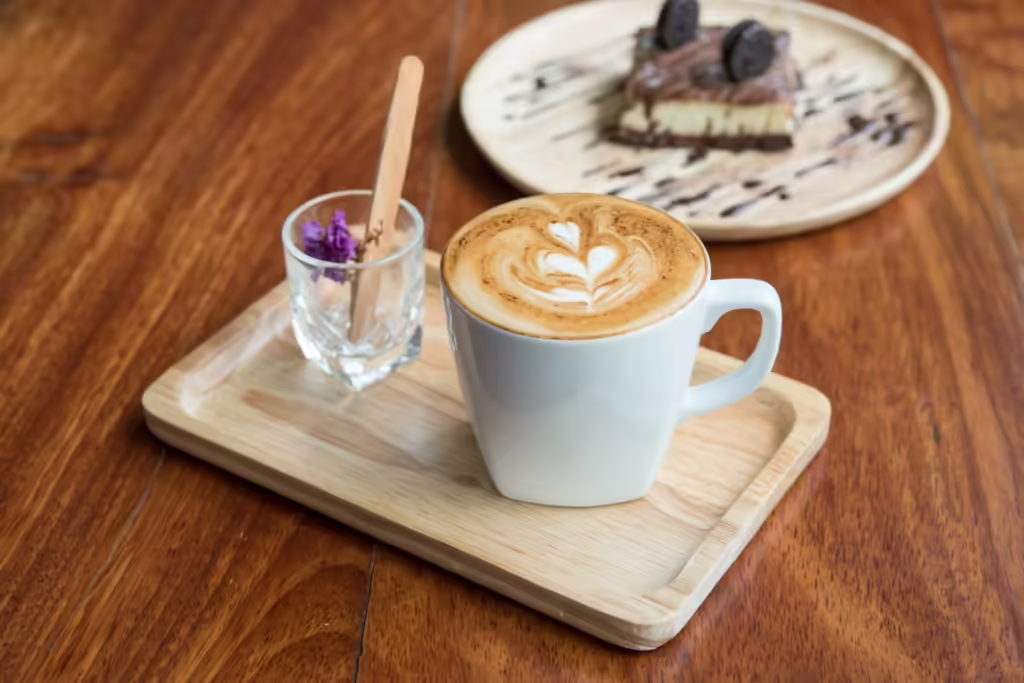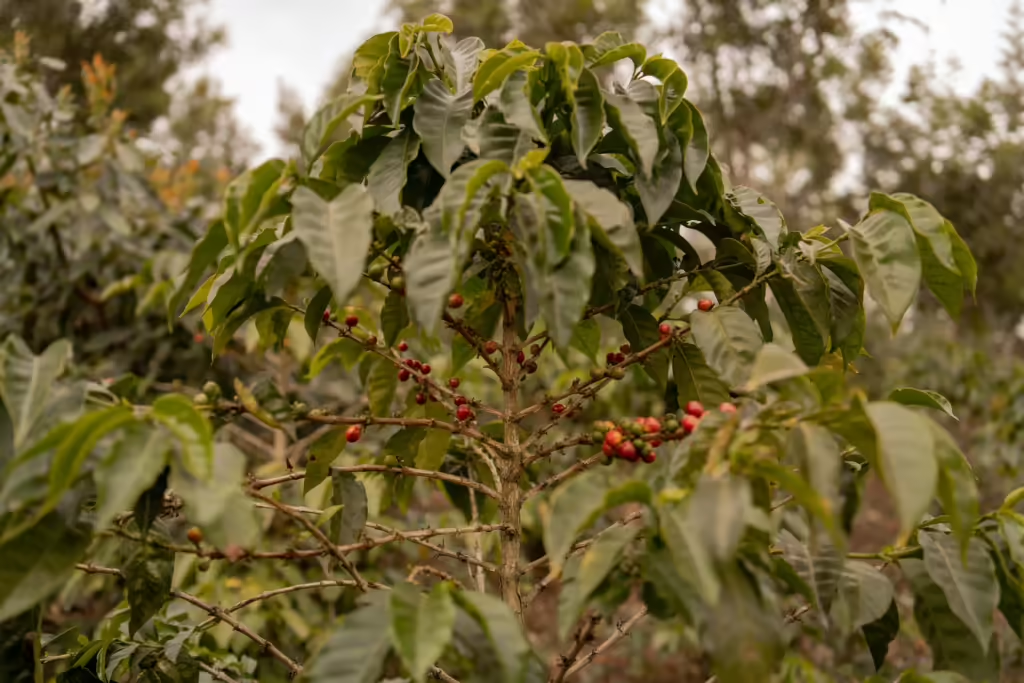
When you think of Japan, the first beverage that likely comes to mind is tea, specifically matcha. However, over the past few decades, Japan has quietly become one of the world’s most interesting coffee destinations. From traditional tea ceremonies to high-tech brewing methods, Japan’s unique approach to coffee blends precision, tradition, and innovation in ways that reflect the country’s culture as a whole. Let’s take a deep dive into how Japan has embraced coffee culture, creating a space where old-world craftsmanship meets cutting-edge trends.
The History of Coffee in Japan
Coffee first arrived in Japan in the 17th century through Dutch traders, but it wasn’t until the late 1800s that the beverage started gaining popularity. The rise of kissaten (traditional Japanese coffeehouses) during the early 20th century marked the beginning of Japan’s love affair with coffee. These small, intimate establishments became a place where people could escape the hustle of daily life, enjoying meticulously brewed coffee in a quiet, meditative atmosphere.
Today, Japan boasts a thriving coffee culture that marries old traditions with new innovations. From artisanal pour-over techniques to modern, minimalist cafés, Japan’s approach to coffee is both thoughtful and creative.
The Role of Kissaten in Japanese Coffee Culture
At the heart of Japan’s coffee history is the kissaten, a traditional Japanese coffeehouse. These establishments are often dimly lit, with vintage furnishings and a slow, relaxed atmosphere. The focus in a kissaten is on the quality of the coffee and the experience of drinking it. Many kissaten serve coffee brewed using the siphon method, a technique that involves precise temperature control and creates a clear, aromatic cup of coffee.
Coffee purists and traditionalists love the kissaten for its attention to detail and the unhurried pace. These coffeehouses typically serve light snacks, such as toast with jam or cake, allowing patrons to fully enjoy the flavors of their carefully crafted coffee.
Modern Cafés: The Rise of Third-Wave Coffee in Japan
While kissaten remain beloved by many, Japan has also embraced third-wave coffee—a movement that treats coffee as an artisanal product. The rise of modern cafés, often influenced by international trends, has brought about a new era in Japanese coffee culture.
Third-wave cafés in Japan emphasize single-origin beans, complex brewing methods, and sustainable practices. Many of these cafés roast their own beans in-house, giving customers a unique experience from bean to cup. Popular brewing methods in these cafés include pour-over (V60), Aeropress, and cold brew, reflecting the precision and care that Japanese baristas put into each cup.
Coffee as an Art Form
In Japan, coffee is not just a drink; it’s an art form. Baristas are trained to treat coffee with the same level of respect as tea, focusing on the process as much as the product. Whether it’s hand-pouring water over grounds in a V60 or carefully measuring every gram of coffee for a siphon brew, every step is conducted with mindfulness and attention to detail.
One unique aspect of Japanese coffee culture is the appreciation for the aesthetics of brewing. The presentation is just as important as the taste, with many cafés offering beautifully designed ceramics and glassware for serving. This artistic approach elevates the coffee-drinking experience, making it not just about flavor but also about beauty and precision.
Convenience Meets Quality: The Impact of Convenience Stores
Another fascinating aspect of Japan’s coffee culture is the high-quality coffee available in convenience stores, or konbini. Unlike in many countries where convenience store coffee is often an afterthought, Japan’s konbini chains offer freshly brewed, affordable coffee made from quality beans. Many stores have self-serve machines where customers can brew their own coffee, ensuring it’s fresh and hot.
This blend of convenience and quality reflects Japan’s ability to balance tradition with modern life. It’s not unusual for someone to enjoy a handcrafted pour-over at a third-wave café one day and grab a quick but high-quality cup from a konbini the next.
The Emergence of Coffee Festivals
Japan’s enthusiasm for coffee can be seen in the growing popularity of coffee festivals held in cities like Tokyo, Kyoto, and Osaka. These events celebrate the craft of coffee, bringing together roasters, baristas, and coffee lovers to share their passion. Visitors can sample beans from around the world, watch barista competitions, and even attend workshops on brewing techniques.
These festivals have helped elevate coffee in Japan from a simple beverage to a cultural phenomenon, showcasing the country’s deep appreciation for quality and craftsmanship.
The Future of Coffee in Japan
Japan’s coffee culture is constantly evolving. As younger generations embrace both traditional kissaten and modern coffee shops, the country is seeing a fusion of old and new. Japan continues to innovate with unique brewing methods, sustainable sourcing, and creative ways to present coffee.
With its meticulous approach to preparation and presentation, it’s clear that coffee in Japan is more than just a trend—it’s a reflection of the country’s deep respect for craftsmanship and the desire to create a meaningful, beautiful experience in every cup.




